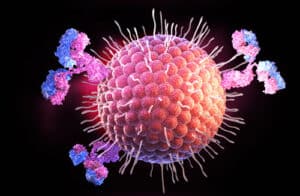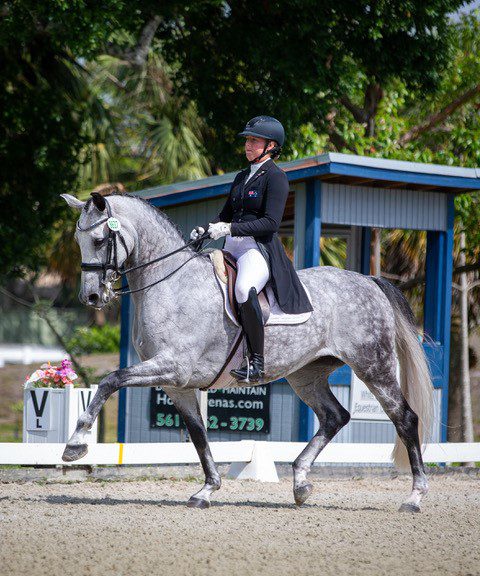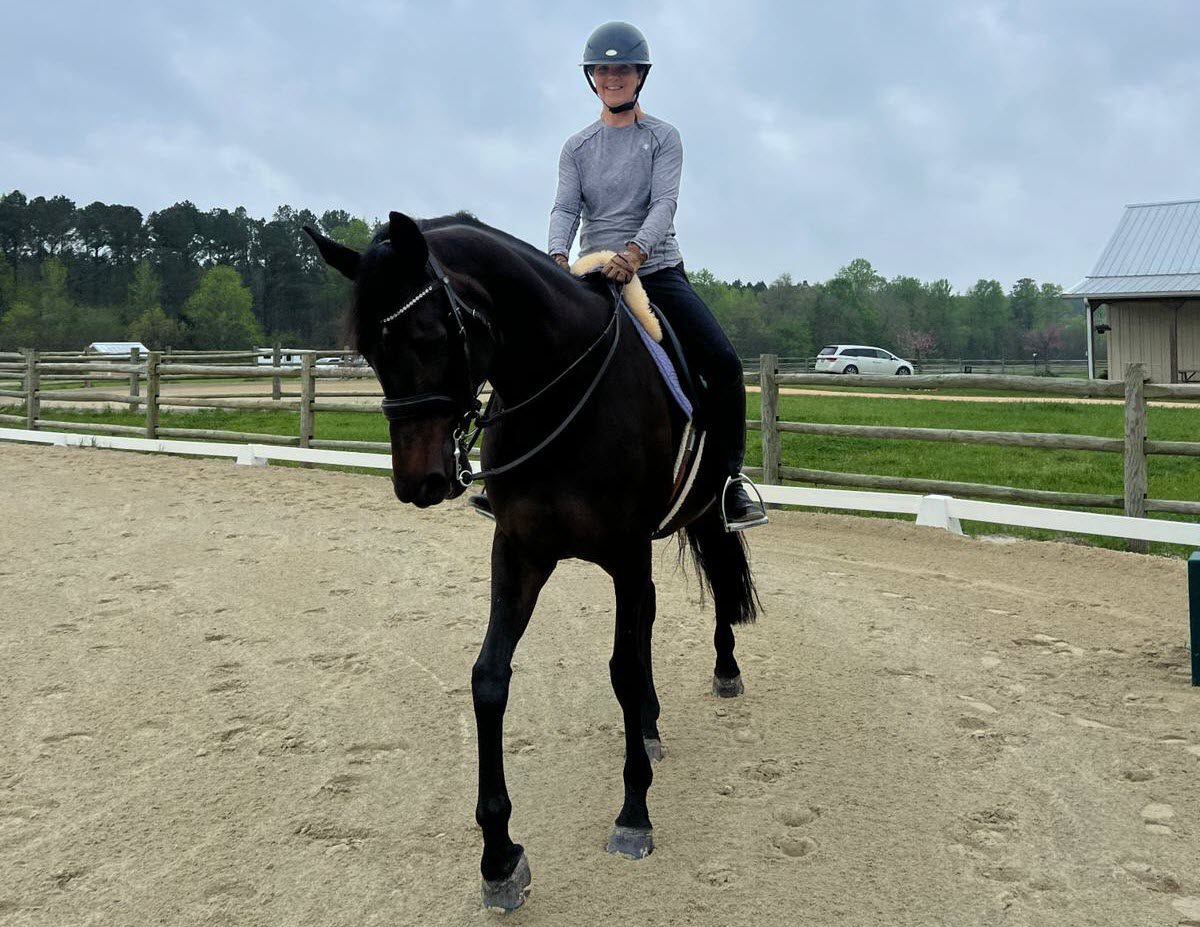How to protect your horse against Equine Herpes:
No doubt the news of the Equine Herpes Virus in Valencia, Spain has reached you, along with the terrifying fact that this initial batch of disease is now linked to outbreaks in several other countries. Viruses and diseases are scary no matter what type and you should know everything about it to save your horse from equine herpes. Here is everything you need to know and to keep you and yours safe and healthy and learn how to protect your horse against Equine Herpes.
So what is the Equine Herpes Virus and what does this outbreak mean for you and your horse?
What is the Equine Herpes Virus?

Learn to Protect your horse from equine herpes – NorCordia
The Equine Herpes Virus, or EHV, is a contagious disease with nine different strains that can affect horses. This can cause the horse to also suffer from respiratory diseases and neurological diseases, as well as a risk of abortion in pregnant mares.
Of the many strains of this virus that can cause severe illness in horses, the most common are Equine Herpes Virus-1, or EHV-1, and Equine Herpes Virus – 4, or EHV-4.
The kind that you’re reading about that’s on the loose in Spain is EHV-1. Like all strains of EHV, is easily spread through the air from horse to horse up to five meters away. If that wasn’t bad enough, the virus can also be transmitted from horse to horse on clothing, yard equipment, and horse transport equipment.
A disease like this is something you want to avoid at all costs, so it’s important to keep an eye out for symptoms in your own horses.
What Should I Look For?
The symptoms of EHV differ depending on the strain of the virus. But, since the outbreak in Spain features EHV-1, we will focus on signs of this strain. Fever, respiratory symptoms like coughing and clear nasal discharge, and lack of coordination are all symptoms horses can develop when suffering from EHV-1.
Furthermore, some horses may develop neurological symptoms such as difficulty urinating and defecating, and not being able to stand up.
When it comes to symptoms as severe as these, it’s important to get treatment quickly before lasting issues can occur. Horses that are severely affected by the virus’s neurological effects may have to be euthanized if the symptoms are severe enough.
If you suspect that your horse has EHV, the first steps are to isolate the horse from others and call a veterinarian to follow up on your suspicions. Since symptoms of EHV are similar to many other diseases, your veterinarian will most likely take blood samples and nasopharyngeal swabs that will need to be processed in a laboratory analysis before they know for sure whether or not your horse is suffering from EHV.
If you are worried that your horse has come into contact with other horses that may have EHV, NorCordia recommends that you closely monitor your horse for several days, as it can take up to 10 days after exposure for symptoms to show, and take their rectal temperature twice a day if possible.
If your horse has a fever, have a vet examine them as soon as possible. Even if no symptoms are showing yet, isolate your horse from others until you know for sure whether or not your horse has the virus.
How to protect your horse against Equine Herpes?
Luckily, a vaccine is available to protect your horse from the respiratory issues associated with EHV-1 and EHV-4.
While this vaccine does not prevent the neurological form of the disease, it does wonder to prevent transmission of the virus to other horses and lessen the respiratory symptoms that your horse is suffering.
Here at NorCordia, the health and safety of the horses are our top priority. This is why we insist that all horses are having the EHV vaccine.
In addition, we suggest not sharing equipment such as water buckets and troughs, feed bowls, and tack and grooming equipment, as the virus can attach itself to these items.
Handlers that work with multiple horses should wash their hands thoroughly between handling horses, and vehicles used for transporting horses should be cleaned between uses. Cleanliness is key when it comes to EHV, just as it is central to preventing the spread of human diseases. It is also recommended that you keep your horse away from other horses that may have been exposed to EHV.
So the answer to “How to protect your horse against Equine Herpes?” – The best way to combat this virus is simply to avoid it at all costs.
How Do I Treat A Horse With EHV to protect from Equine Herpes?
After your veterinarian has confirmed the presence of EHV, the best way to help your horse recover is to let them rest as much as possible while also taking care of their needs, which can be tricky if your horse is not strong enough to stand or walk.
This means keeping your horse comfortable, fed, and hydrated, which can be done with intravenous fluids if needed. Non-steroidal anti-inflammatory drugs can reduce pain caused by EHV, but always talk to your veterinarian about prescribed antibiotics your horse is taking to make sure that the medications won’t have any bad effects when mixed.
Horses with more severe neurological symptoms might need around-the-clock care. Fortunately, uncomplicated respiratory symptoms usually recover completely in just a couple of weeks, as are mares that have lost a foal due to the virus often with no long-term effects on their reproductive health. Once your horse has recovered fully from EHV, it can gradually return to full work and eventually go right back to life as usual.
Horses with neurological symptoms can take much longer to recover, especially if they were not able to stand up for a long period of time, but can still heal steadily with time and care.
In light of the recent EHV outbreak in Spain, it’s important to get familiar with the virus. By knowledge, we hope to avoid it, so that we can learn the best ways to keep our horses safe.
We at NorCordia strive to create a strong bond between horses and their riders. Staying in tune with your horse’s health is a key part of doing just that.
References and links
fei.org – What you need to know about EHV
https://aaep.org/ Equine Herpesvirus (EHV)
https://www.aphis.usda.gov/ Equine Virus Herpes
NorCordia Values NorCordia Values


